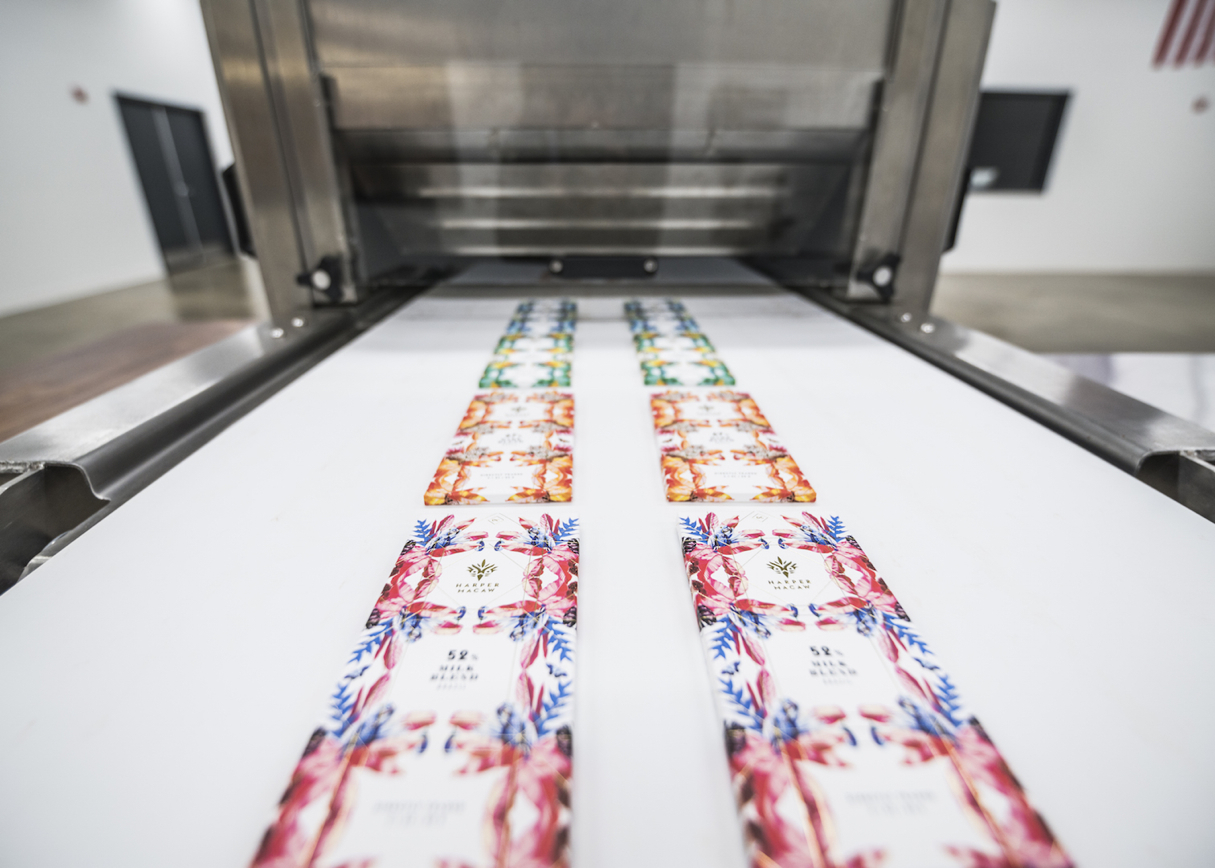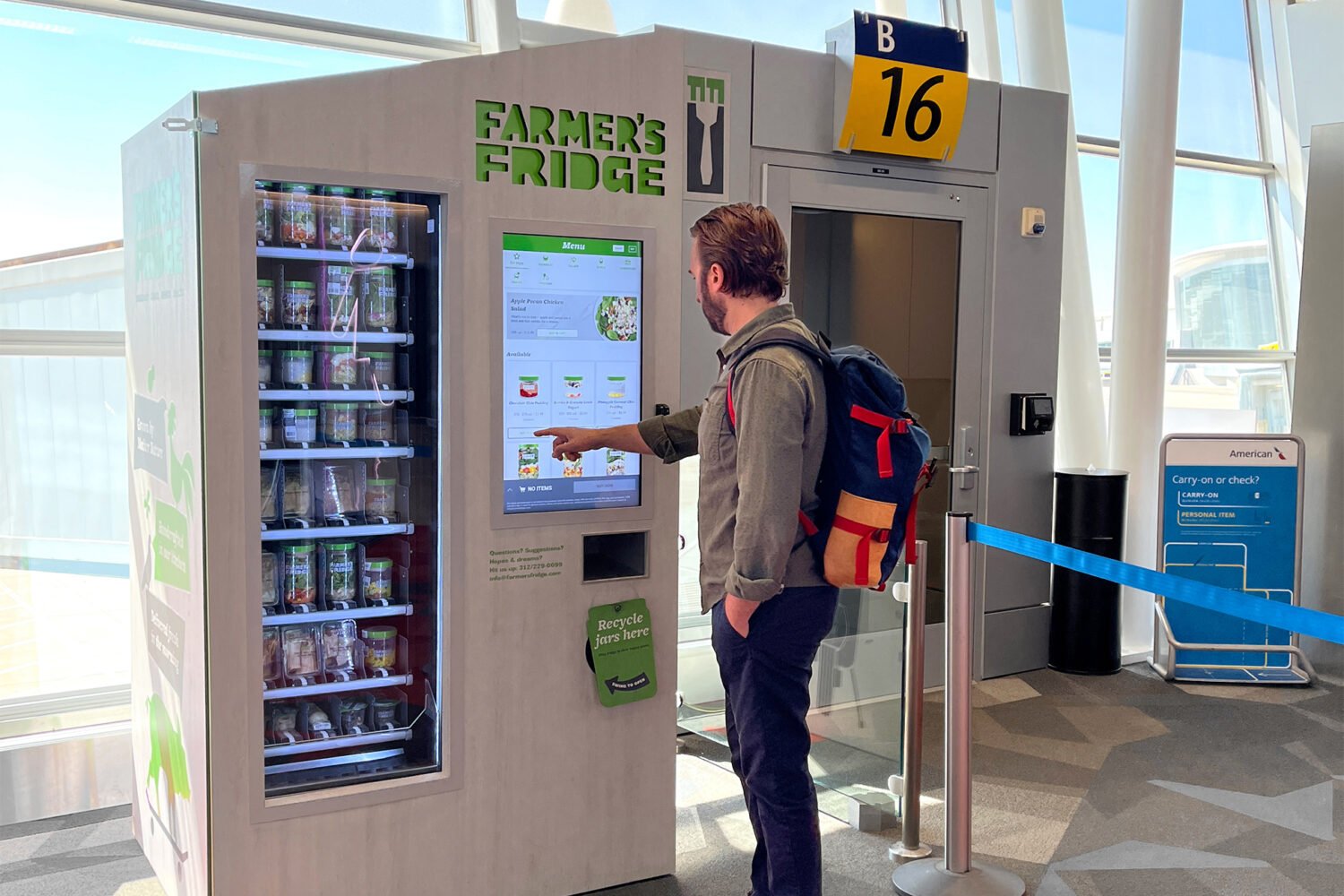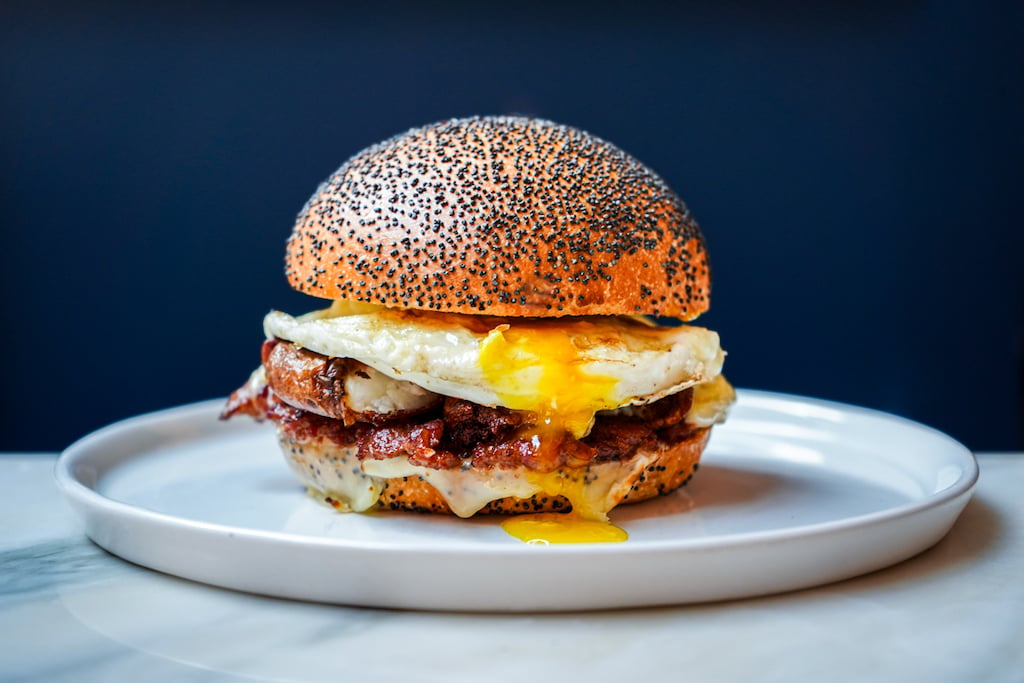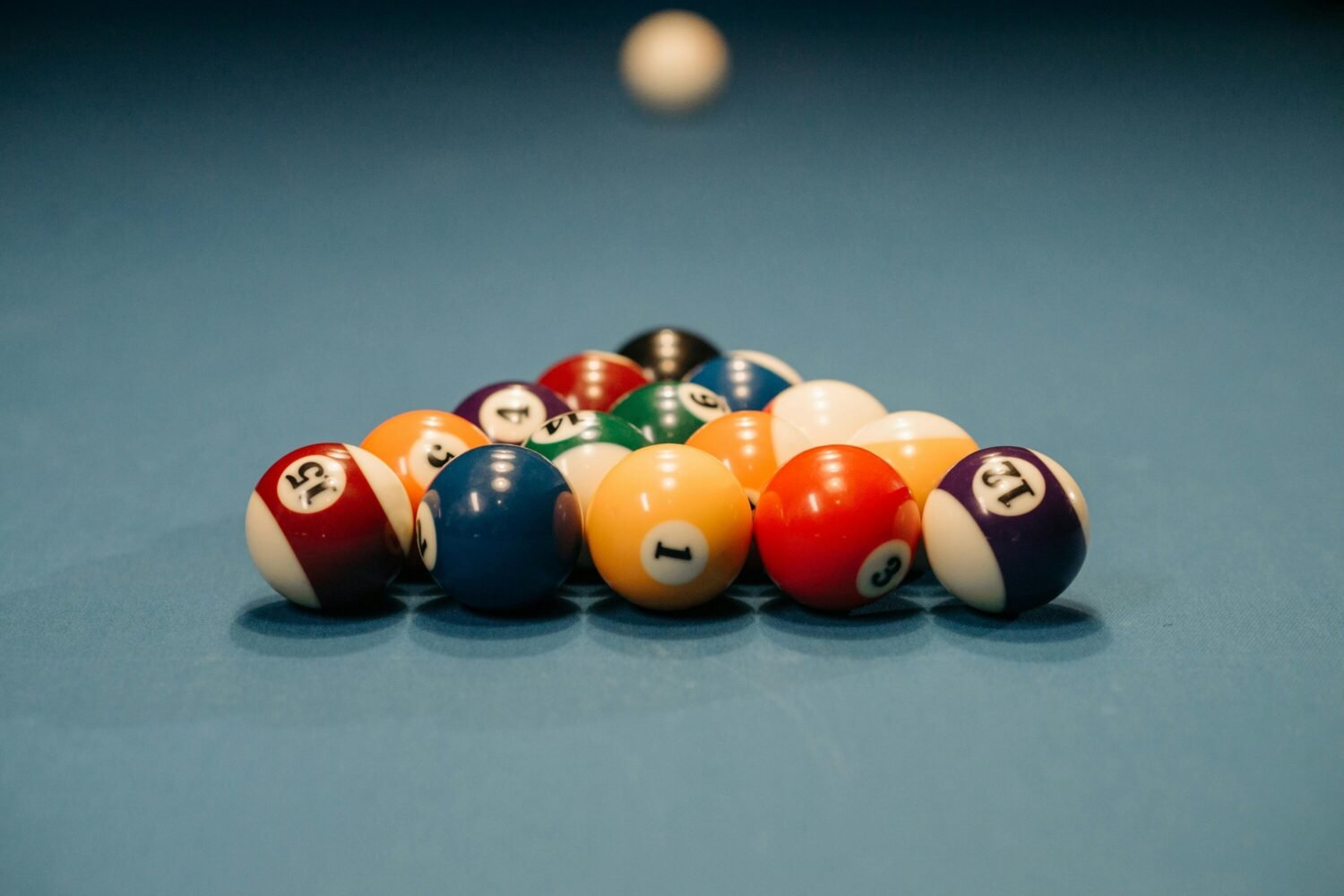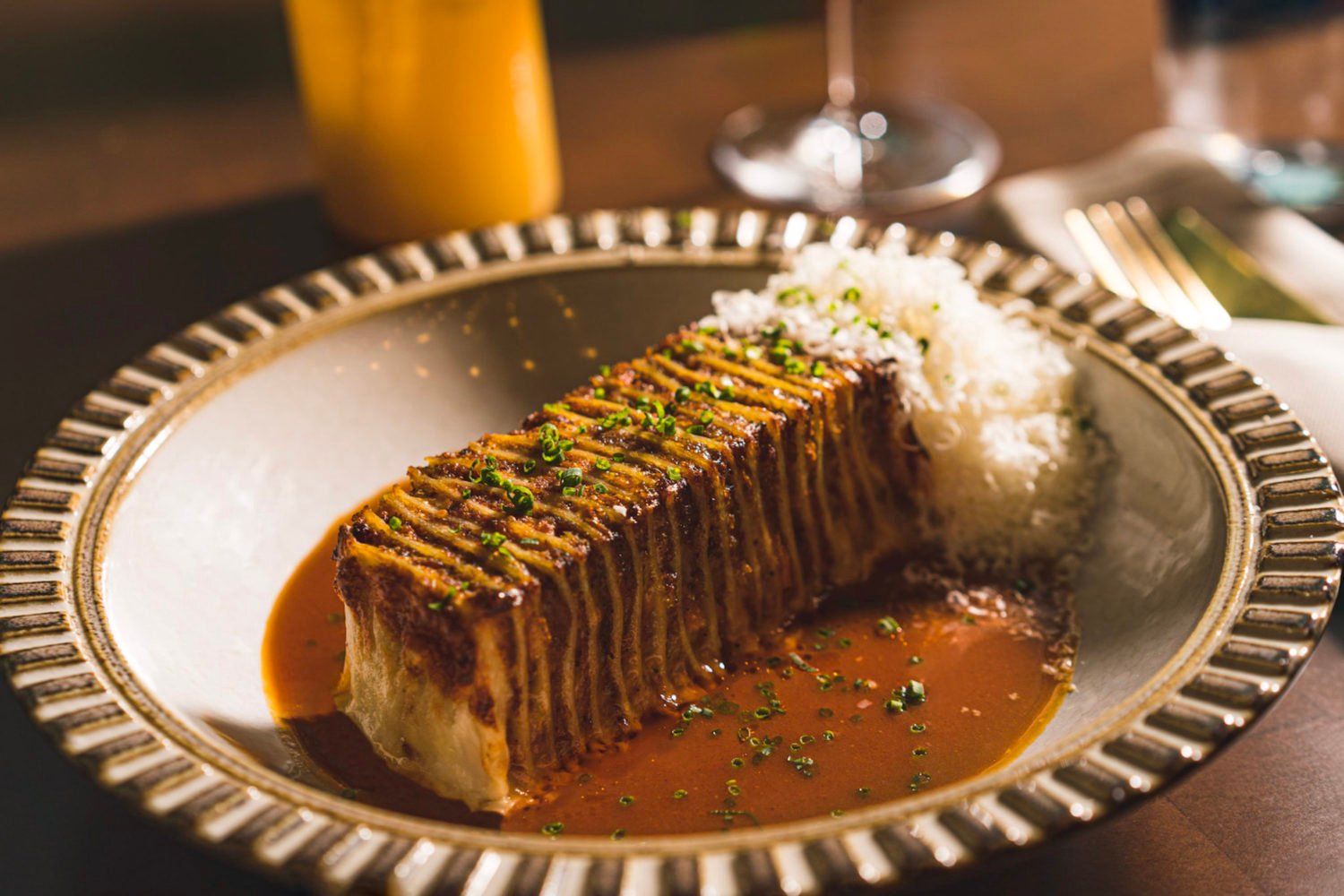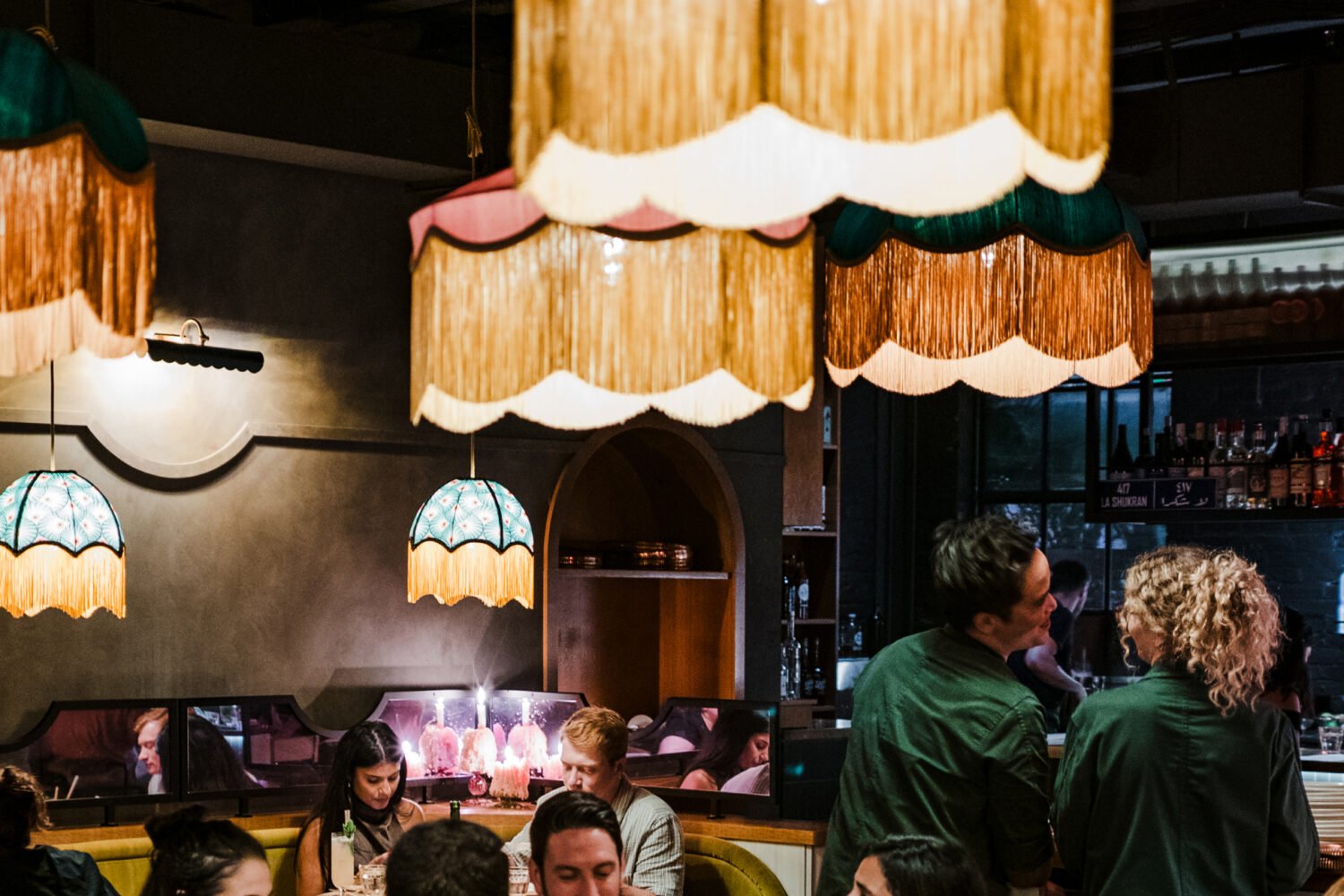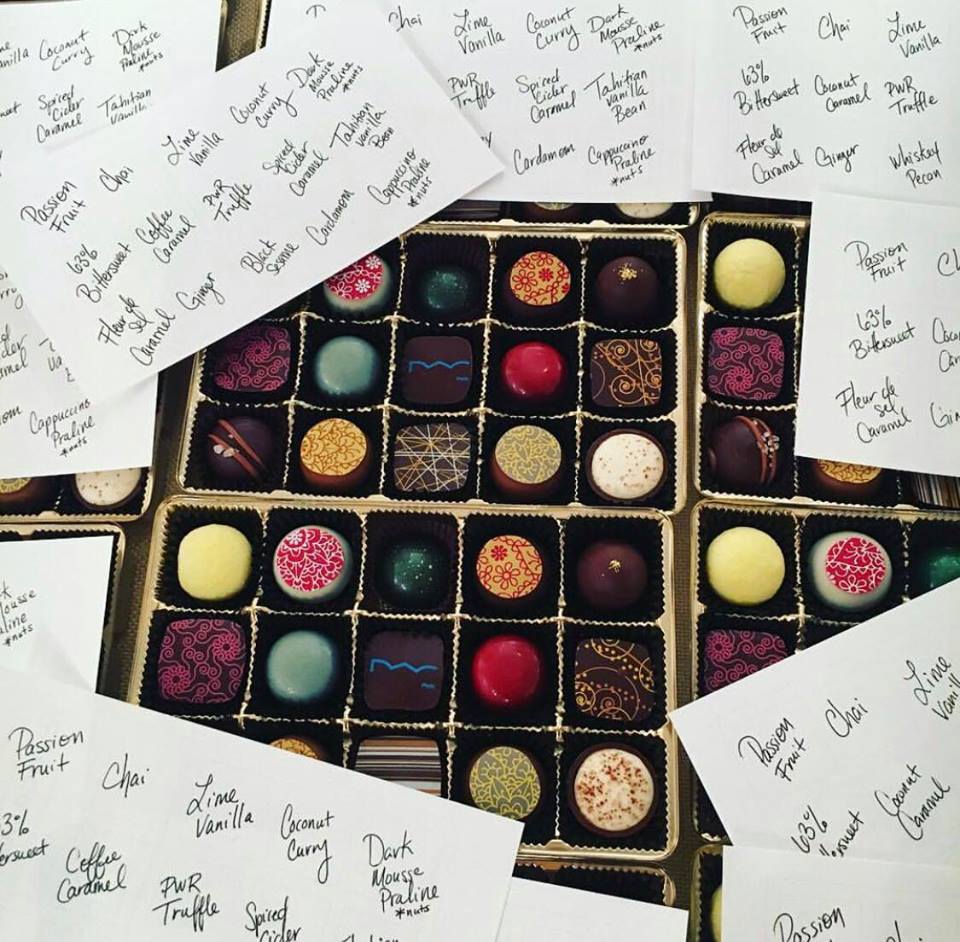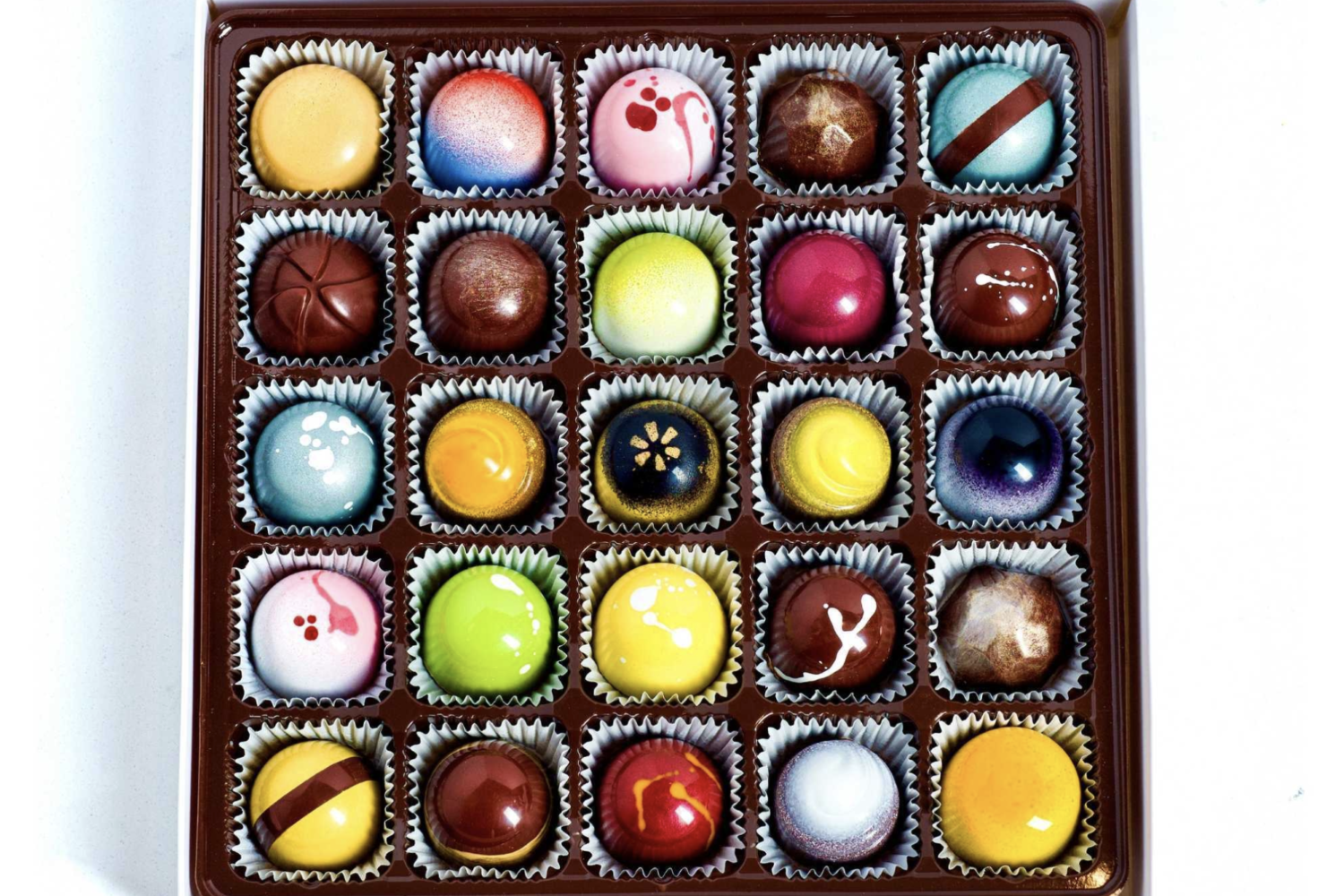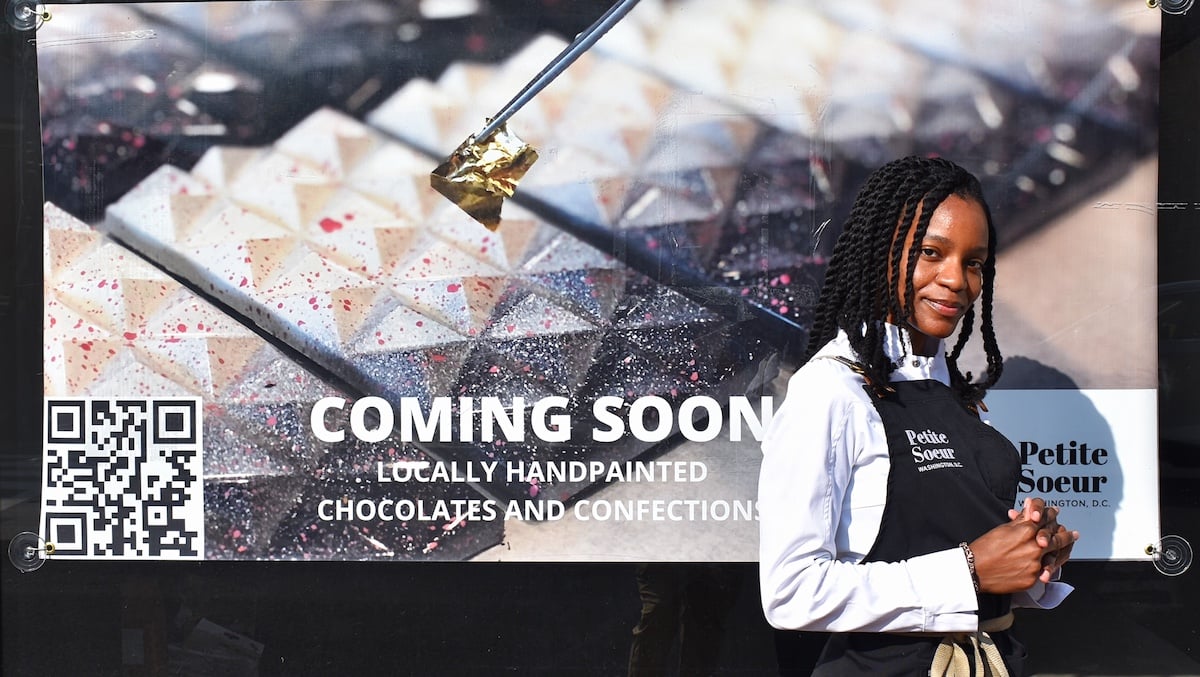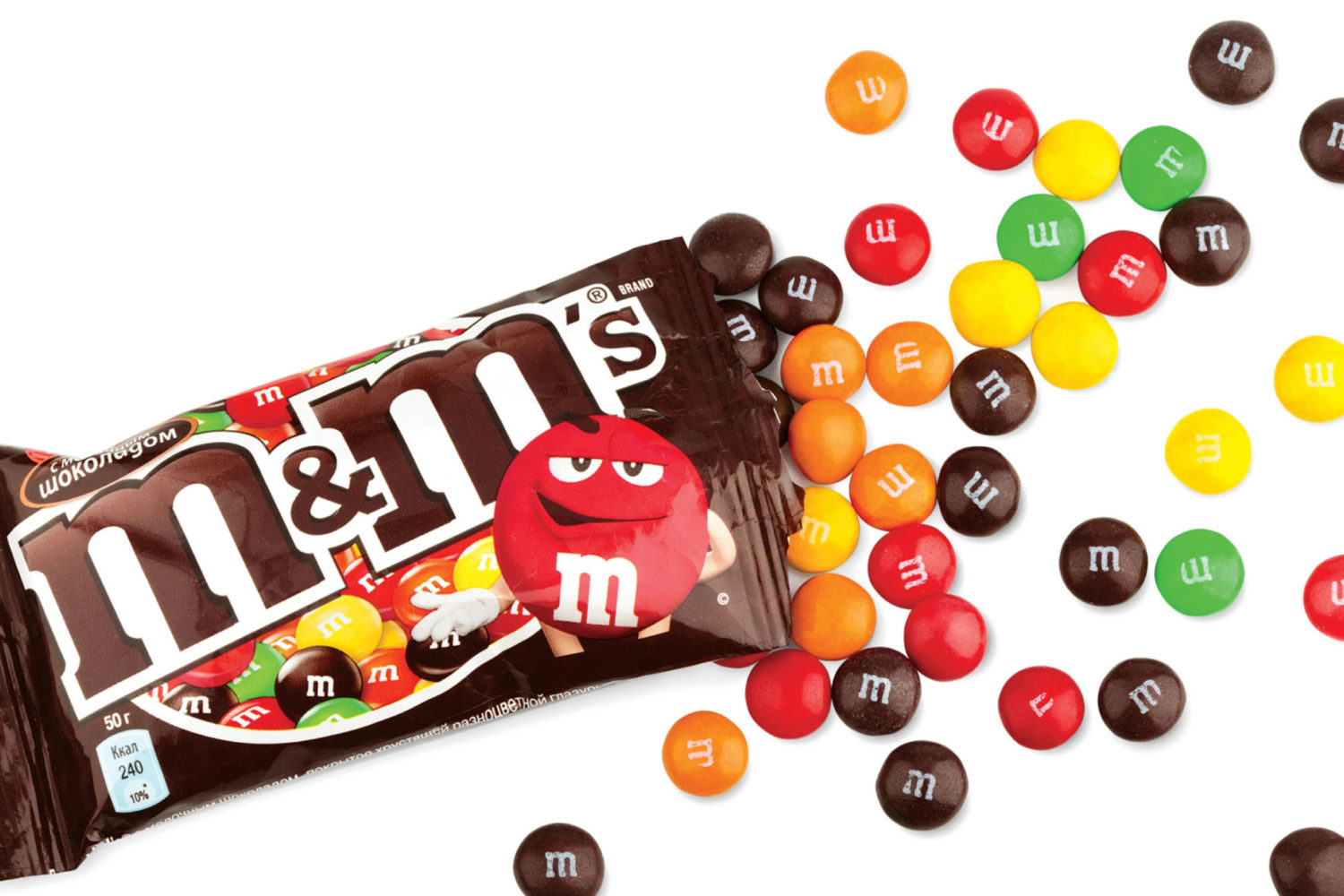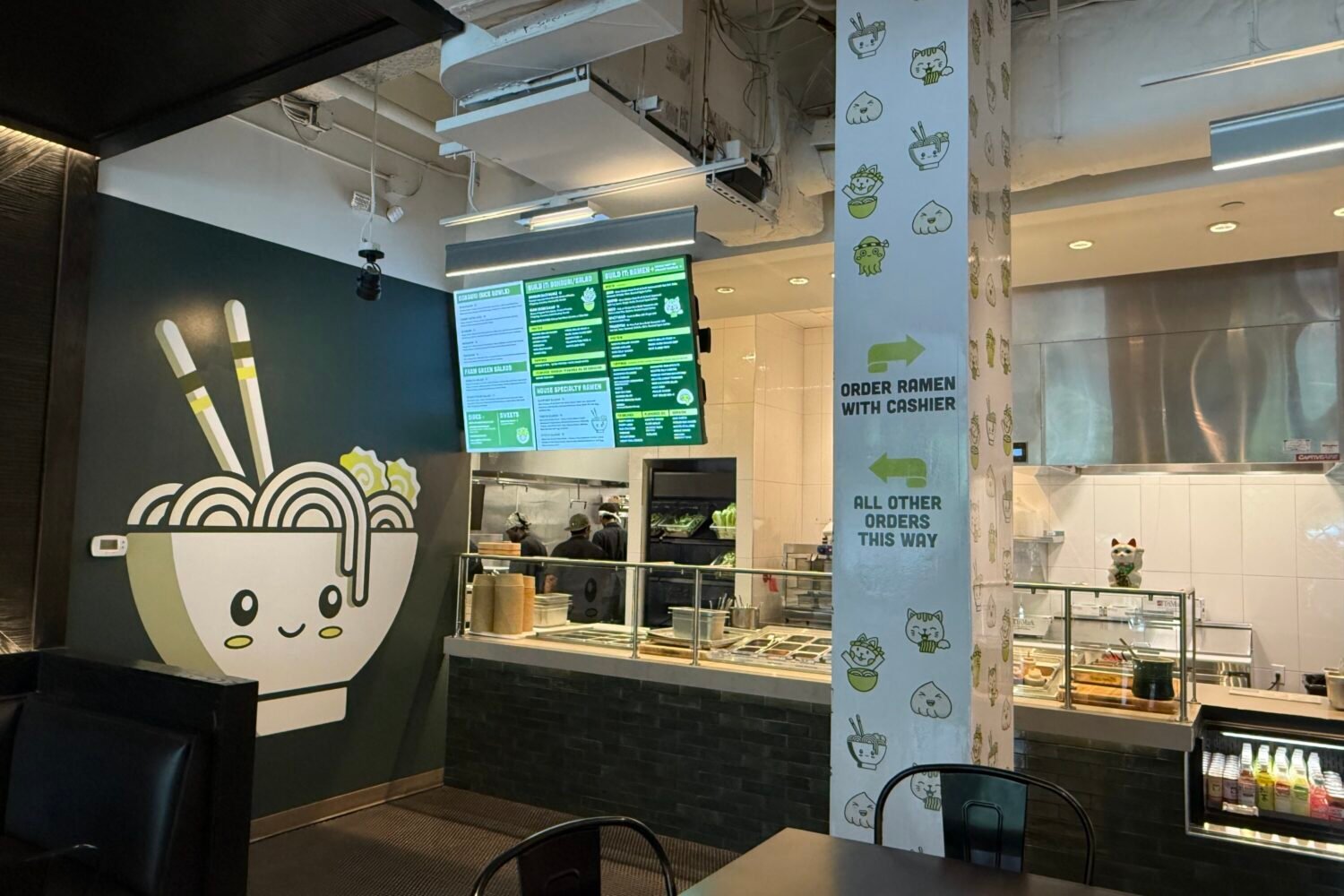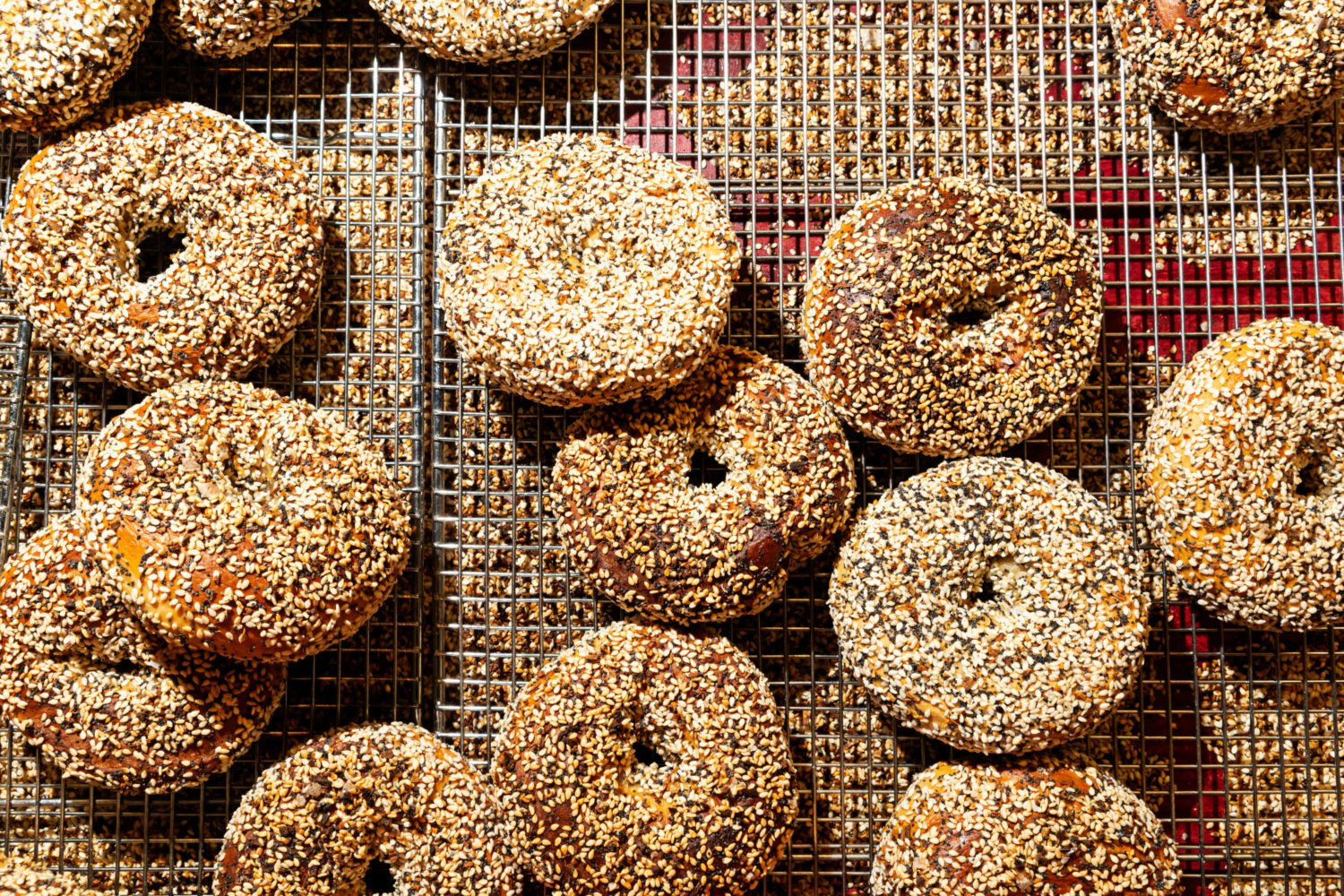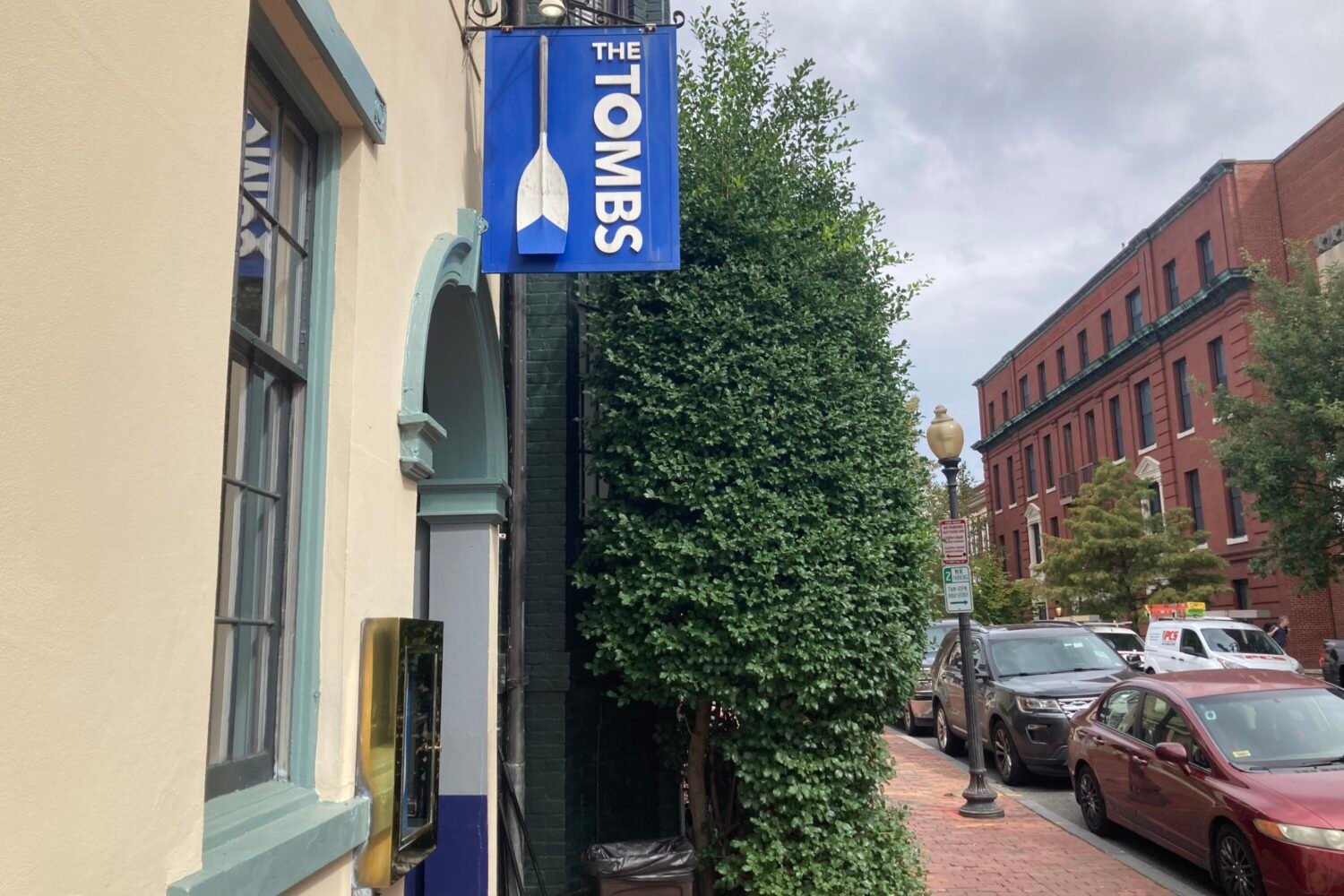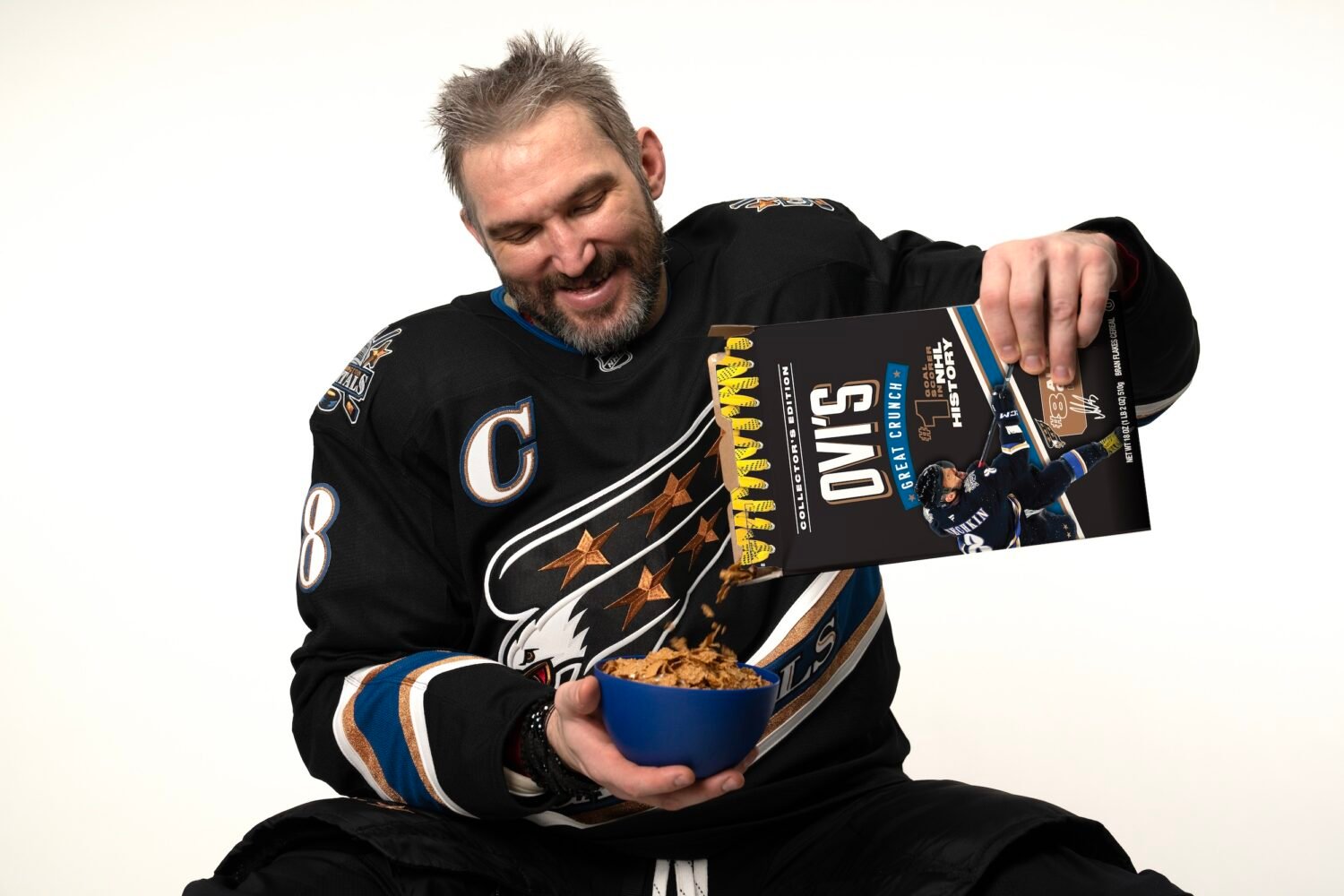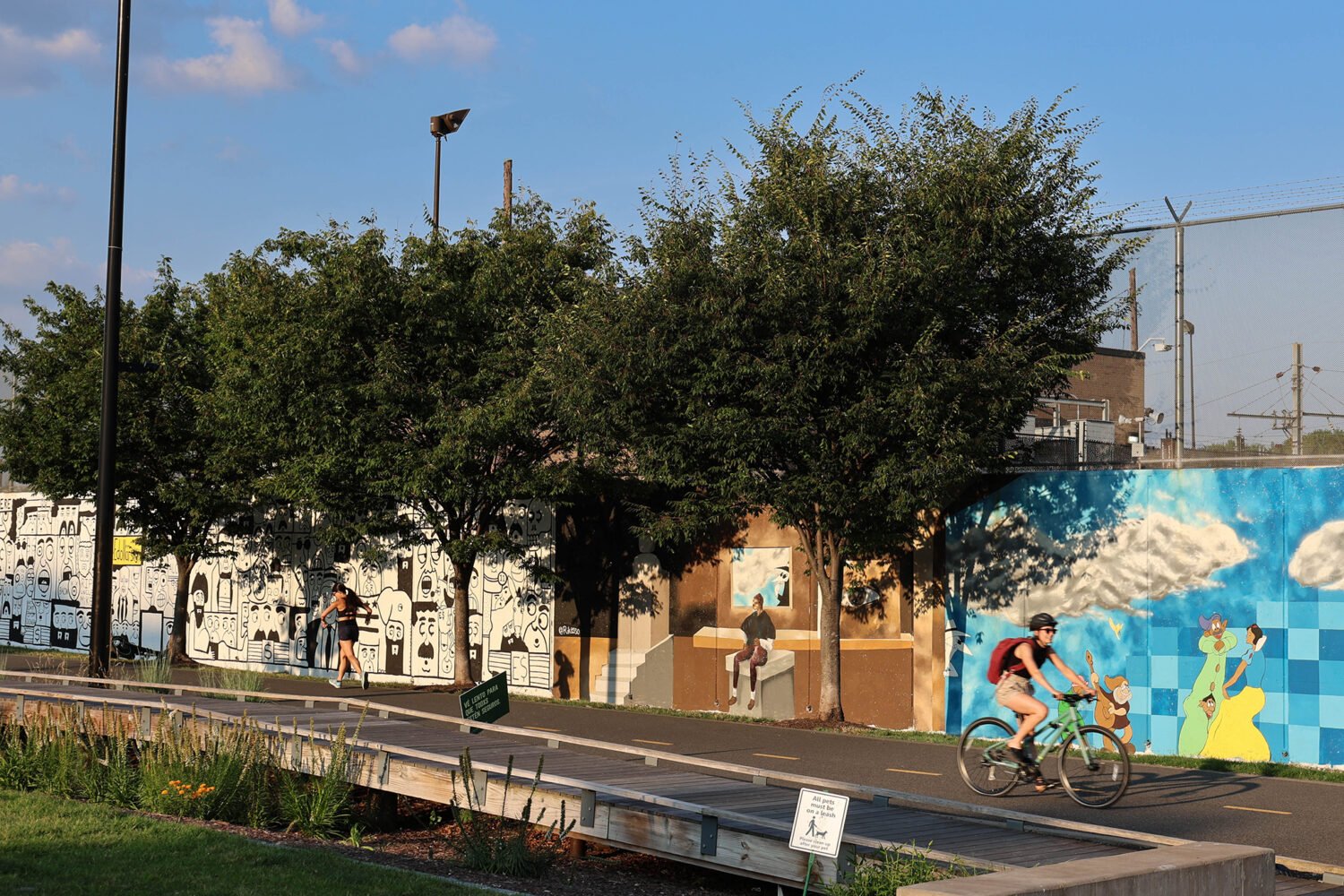Mast Brothers, the panifully hip Brooklyn company that makes “artisanal” chocolate bars sold at Shake Shack and other cool places, sparked plenty glee when it was busted for overhyping the quality of the cocoa it once used. But Mast Brothers’ embarrassement hasn’t done anything to the so-called “bean-to-bar” segment of the chocolate industry; if anything the field is just getting more crowded.
But where Harper Macaw, DC’s first entrant into this specialized candy production, might differ is that its founders have actually seen the raw material in person. “A lot of people and companies claim to make chocolate this way, but never actually been to a cacao farm before,” says Colin Hartman, who founded the company with his wife, Sarah.
The Hartmans, who met as students at New York University in 2006, were largely inspired to drop their careers for chocolate production by Sarah’s time at a culinary school in her hometown of São Paulo. While Colin Hartman spent time in the Marines and later studied business at the Wharton School at the University of Pennsylvania, Sarah Hartman moved to San Francisco to work at Dandelion Chocolate, where she learned not just the confectionary processes, but the details behind the chocolate trade as well.
“Sarah is really the one who has the passion for chocolate, but not just about chocolate itself, but the cacao production part of it, how detailed, complex and, often times, controversial the story has been,” Colin Hartman says.
As a cash crop, cacao is grown wherever the climate will allow it. After a fungal epidemic in the late ’80s and early ’90s wiped out Brazil’s cacao trees, production shifted toward west Africa. The Brazilian market has clawed back, but between dwindling supplies due to deforestation and other environmental concerns and surging demand in new markets like China, global chocolate prices have increased by as much as 40 percent since 2013.
That Hartmans founded their company as Concept C in fall 2013, later changing the name to Harper Macaw. They decided to settle in DC because of the city’s booming food scene and, Colin Hartman says, its “European feel with the lower skyline.” It was another two years before they finally started churning out chocolate bars and bites from their 10,000-square-foot facility on Bladensburg Rd., Northeast. (Factory tours are available.)
But the Hartmans are unlikely to be caught slumming it like the Mast Brothers. Harper Macaw sources its beans from three Brazilian farms which employ safe environmental practices and fair labor practices. Harper Macaw also trades directly with its farmers, resulting in prices nearly twice those paid by major candy makers. But Colin Hartman says the superior chocolate and better farming practices are worth the elevated wholesale rates.
“We want a staple supply of high quality cocoa beans, so we want to incentivize people to stay in the industry of growing cacao… so we have to provide a good standard of living,” he says.
In a similar burst of altruism, Harper Macaw also reinvests part of its revenue into rainforest conservation in cacao-growing regions
So far Harper Macaw’s products are available at the factory and ten stores around Washington, including including the Chocolate House in Dupont Circle and two of Red Apron’s locations. The company also plans to expand its product line from the four types of chocolates bars and bites it currently offers to items with fruits, nuts, and spice, along with couverture chocolate for cooking.

